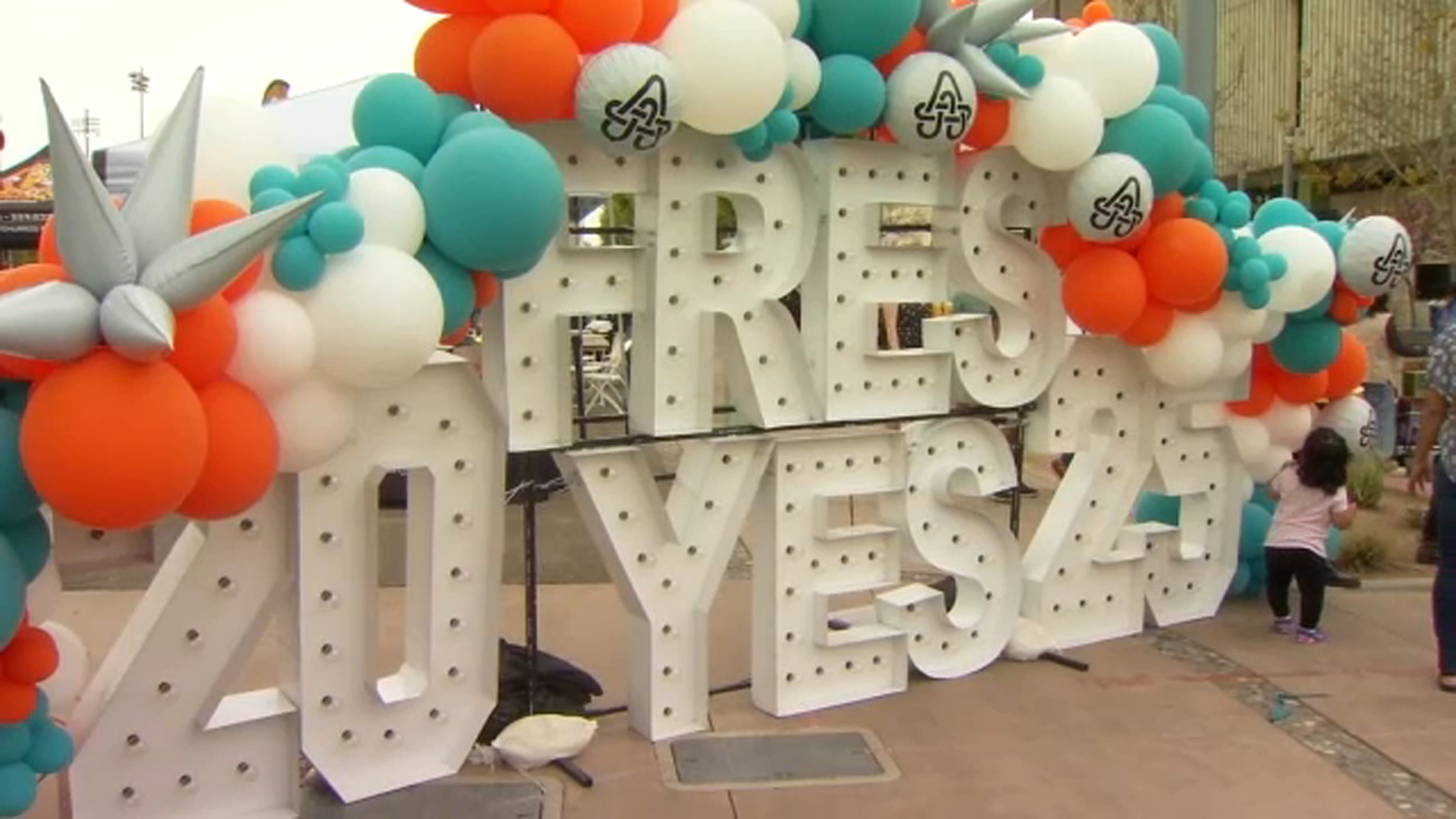Nick Diaz suspended 5 years by Nevada commission for marijuana

LAS VEGAS -- The Nevada State Athletic Commission suspended UFC welterweight Nick Diaz for five years on Monday because of the third marijuana-related offense of his career.
The NSAC discussed a lifetime ban for Diaz, 32, before voting unanimously on five years.
NSAC commissioner Skip Avansino acknowledged during deliberations a five-year ban is essentially "a lifetime (ban) for (Diaz)."
Diaz (26-9) appeared before the commission in person but declined to answer any of its questions. Commissioner Pat Lundvall forced Diaz to verbally plead the fifth throughout a long series of approximately 30 questions.
Immediately after the hearing, Diaz spoke to the media.
"I'm pretty pissed," said Diaz after the hearing. "I got into this sport for this exact reason, being stuck in a room with people like that.
"I wanted to tell them what I think. I wanted to tell each and every one of them they're a bunch of dorks. Everybody who sees them or knows who they are should tell them that. I would if it weren't for my experts advising me to keep my mouth shut. I wanted to get up and say, 'Look. You guys are way the f--- out of line.' "
Lucas Middlebrook, Diaz's lead attorney, said he will appeal the five-year suspension. Additionally, the NSAC fined Diaz $165,000.
"I think it was a completely arbitrary and capricious decision," Middlebrook said. "You heard my opening statement. Based on the facts, if they were to make such a decision, it would be ripe for judicial review. This was a kangaroo court, and you heard the commission: Their decision wasn't based on fact. It wasn't based on evidence.
"One commissioner said, 'Your attorneys were very persuasive, but you don't respect us. So here's a five-year ban.' "
Diaz, who fights out of Stockton, California, tested positive for marijuana metabolites following a decision loss to Anderson Silva at UFC 183 on Jan. 31. The circumstances of the failed test were unique in that Diaz passed two drug tests on fight night but failed a third.
The failed test was collected and analyzed under different methods than the other two. The two clean tests, administered prefight and postfight, were analyzed by the Sports Medicine Research and Testing Laboratory (SMRTL) -- which is accredited by the World Anti-Doping Agency -- in Salt Lake City.
The failed test, which was administered between the two clean ones, was analyzed by Quest Diagnostics.
Diaz's attorneys argued that the Quest results were "scientifically unreliable," unlike the SMRTL results, which were obtained using WADA's higher standard of protocols.
A medical expert for Diaz, Dr. H. Khella, stated several irregularities in the failed test.
A box titled "observed" was left unmarked by the collector, which means Diaz might have provided the sample unsupervised. He also pointed out Diaz's name appeared on the sample. Labs are not supposed to be able to identify whom samples belong to.
Furthermore, Middlebrook argued the failed test was such an outlier when compared with the other two that it had to be unreliable. According to the Quest test, Diaz registered a marijuana metabolites level nearly five times the allowable limit. In the SMRTL tests, however, his levels were well below that allowable threshold.
The NSAC acknowledged the differing methods of obtaining Diaz's results but maintained it was confident in Quest's findings. NSAC chairman Francisco Aguilar stated, "We do have a positive test, through a method we've used over time."
The commission also took issue with Diaz's prefight questionnaire, on which he was expected to reveal any substances he took before the fight. Copies of Diaz's questionnaire show he did not indicate any marijuana use before the bout.
The five-year suspension is the second-longest ever handed down by the NSAC. In September 2014, it served UFC middleweight Wanderlei Silva with a lifetime ban. A Nevada district judge reversed that ruling in May, citing a lack of substantial evidence.
Diaz, an admitted medical-marijuana user in California, has now been suspended three separate times by the NSAC. The commission suspended him for six months in 2007 after he tested positive for THC. He was suspended for one year in 2012 after testing positive for marijuana metabolites after a loss to Carlos Condit.
"This is not just a marijuana issue," Aguilar said. "This is an issue of marijuana, a lack of being forthright, a lack of cooperation to make the sport better, a disregard for rules -- it hurts other athletes just as much.
"I don't have an ego on this commission. Maybe some think I do, but I don't. We have to do our job as regulators. This is not solely a case of marijuana."
Last month, the result of the Jan. 31 fight between Diaz and Silva was changed to a no-contest, as part of a disciplinary hearing for Silva. Silva was suspended for one year and fined $380,000 for failing multiple tests for anabolic steroids.
"That's ridiculous," Diaz said. "I never did steroids in my life. I know all the fighters, they are all on steroids. All you m-----f------ are on steroids. I already know that. Everybody knows that. I'm the only person in this sport, for the most part, that ain't on steroids. Now there's new rules in effect, yeah, you've got guys not on steroids now, but they used to be. They've always been on steroids. I don't do steroids. I don't break the rules."






